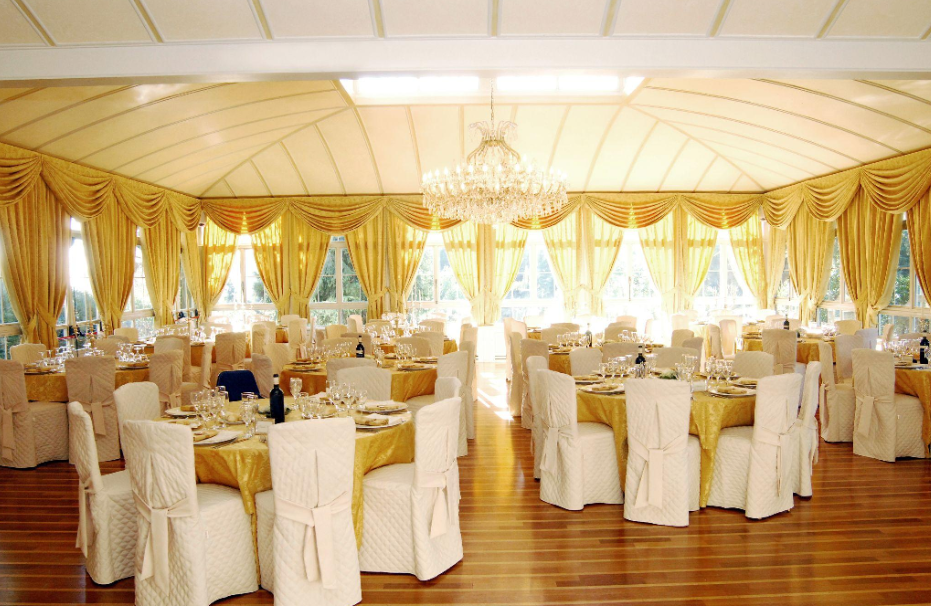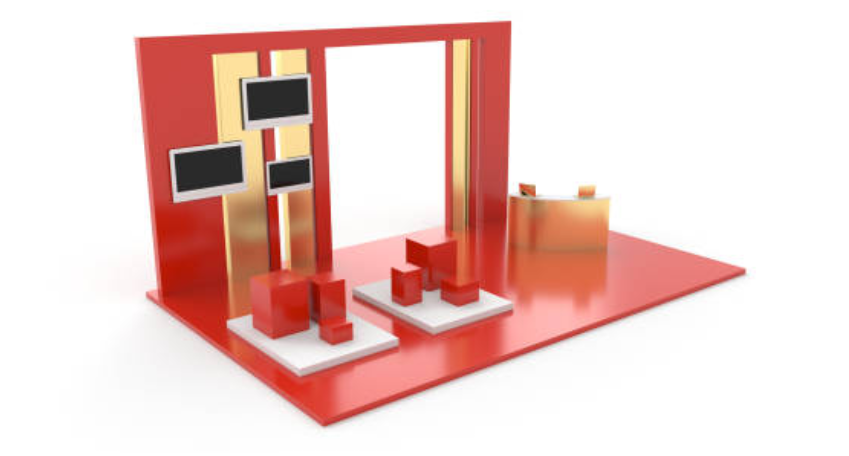Choosing the right venue is one of the most critical decisions event planners make. Whether you’re hosting a corporate meeting, a wedding, or a community gathering, the venue sets the tone for the entire experience. A well-chosen location can enhance the event’s atmosphere, increase attendance, and ensure everything runs smoothly. On the other hand, the wrong venue can spell disaster, regardless of how much effort you put into the other details.
This importance is reflected in the rapid growth of the global events industry, which was valued at $736.8 billion in 2021 and is projected to reach $2.5 trillion by 2035. As the industry expands and evolves, securing the right venue has become more than just a logistical decision – it’s a strategic move that can directly impact an event’s success.
In this article, we’ll explore why venue selection is crucial, key factors to consider, common mistakes to avoid, and actionable tips for securing the perfect spot.
Why Venue Is Important for an Event
Understanding why venue is important for an event helps planners prioritize their resources and attention. The venue impacts multiple facets of the event:
- Guest Experience: From accessibility to amenities, the venue directly affects how guests feel about their experience.
- Event Flow: Proper spaces ensure smooth transitions between different segments of an event (e.g., from reception to dinner).
- Brand Image: For corporate events, the venue reflects the brand’s identity and values.
- Budget Management: The venue often represents a significant portion of the event budget, influencing costs in catering, transportation, and décor.
- Logistics and Accessibility: Choosing a well-located venue ensures ease of access for guests, reducing the likelihood of delays and no-shows.
Given these implications, selecting the right venue should be seen not just as a logistic detail but as a strategic move that can determine an event’s success or failure.
Factors to Consider When Choosing a Venue
When evaluating event venues, planners should focus on several key aspects:
1. Location and Accessibility
Your venue should be easily accessible for your guests. Consider proximity to major highways, airports, and public transportation options. Accessibility for people with disabilities is also essential.
2. Capacity and Layout
Always match the venue size to your guest list. A space too small will feel cramped, while a cavernous hall may seem empty and impersonal. Also, consider how the venue’s layout can support your event flow, from seating arrangements to staging areas.
3. Amenities and Services
Does the venue provide in-house catering, audio-visual equipment, or parking facilities? Having these services included can simplify your planning process and reduce overall costs.
4. Ambiance and Style
The venue’s architecture, décor, and overall ambiance should align with the theme of your event. For example, a formal gala demands an elegant ballroom, while a casual networking event may work better in a modern loft.
5. Cost and Flexibility
Ensure the venue fits within your budget. Look out for hidden fees (e.g., overtime charges, corkage fees) and ask about flexible payment options or cancellation policies.
Mistakes to Avoid When Choosing a Venue
Choosing a venue is a high-stakes decision, and mistakes can be costly. Here are common errors to avoid:
- Neglecting Guest Needs: Always consider your guests’ comfort, including dietary needs, parking availability, and accessibility.
- Ignoring Technical Requirements: If your event involves presentations or entertainment, confirm that the venue has reliable Wi-Fi, ample electrical outlets, and quality sound systems.
- Overlooking Contract Details: Always read the fine print. Pay close attention to cancellation policies, insurance requirements, and clauses about damages.
- Booking Late: Popular venues often book months or even a year in advance. Waiting too long can limit your options significantly.
Mistakes to avoid when choosing a venue also include overlooking the long-term flexibility of the space. It’s essential to verify that the venue can adapt to your specific needs, whether that’s adjusting the layout for a different audience size or offering support for last-minute changes.
By sidestepping these common pitfalls, you’ll have a much greater chance of ensuring a seamless and successful event.
Emerging Trends in Venue Selection
Event planning is evolving, and so are expectations around venues. Some emerging trends to be aware of include:
- Sustainability: Venues with eco-friendly practices such as recycling programs, solar energy use, and green certifications are becoming increasingly attractive.
- Unique Spaces: More planners are moving away from traditional halls to creative spaces like museums, rooftops, and industrial warehouses.
- Hybrid Capabilities: With the rise of hybrid events, venues offering robust tech support for live-streaming and remote participation are gaining favor.
Especially when searching for event venues in DFW (Dallas-Fort Worth), it’s important to look for spaces that not only meet your immediate logistical needs but also offer innovative features to future-proof your events.
Actionable Tips for Successful Venue Selection
Here are some practical tips to help you choose the perfect venue:
- Visit in Person: Pictures can be misleading. Visiting lets you experience the space’s ambiance, test acoustics, and verify amenities.
- Check Reviews and References: Past client reviews provide honest insights into the venue’s service quality and reliability.
- Negotiate Smartly: Always ask about special deals, package offers, and discounts for non-peak dates or larger groups.
- Have a Plan B: Especially for outdoor venues, ensure there’s a backup plan in case of bad weather.
Conclusion
Selecting the right venue is not just about finding a place to host your event—it’s about creating a memorable experience that resonates with your guests. Understanding why venue is important for an event helps event organizers prioritize this decision and avoid costly mistakes. Whether you are planning a wedding, conference, or party, paying careful attention to venue selection increases the likelihood of a successful outcome.
When scouting locations, balance functionality with creativity. Being mindful during the selection process can save you time, money, and stress. A thoughtful venue choice ultimately supports your event’s goals, delights your attendees, and reinforces your brand or personal image.

